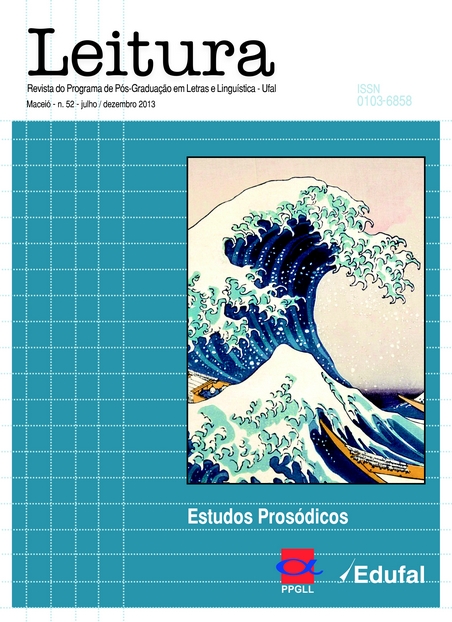Social affect production and perception across languages and cultures – the role of prosody
DOI :
https://doi.org/10.28998/2317-9945.201352.15-41Mots-clés :
Prosodic attitudes, Vocal codes, Crosscultural perceptionRésumé
Which prosodic variations are used to encode attitudes or social affects? How is this prosodic code arranged in competition with other codes (e.g. accentuation)? Are there universal and culture-specific encodings? Did speakers produce attitudes in their first language similar to how they produced them in a second language context? These questions will be addressed through reviewing a few studies. Acoustic measurements and perceptual experiments are presented to support conclusions on some differences between social and propositional attitudes, to observe accentual constraints on the prosodic expression of attitudes, and to show similarities and differences between speakers of different cultural origins.










